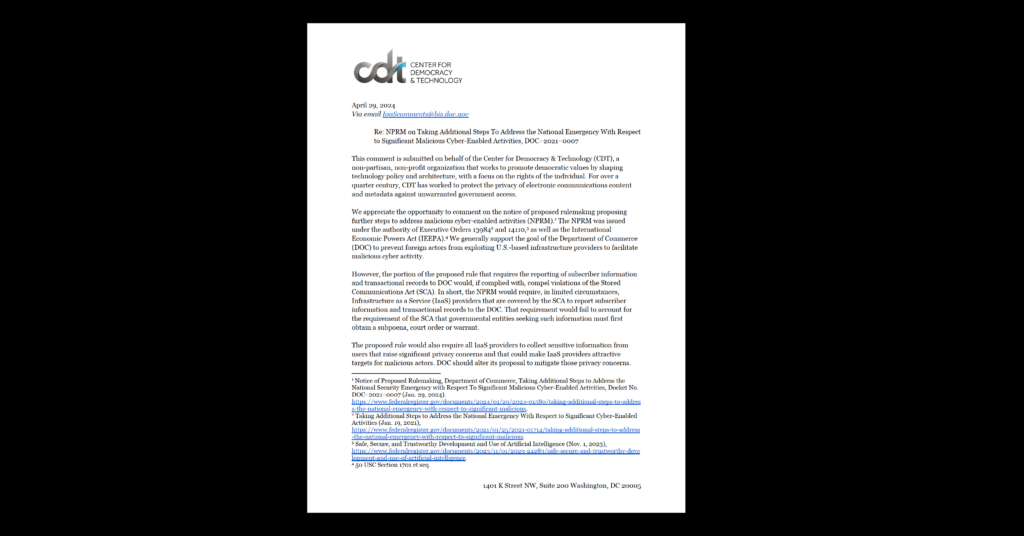Oral Argument Suggests GPS Tracking Case Could Go Either Way
With other members of the Supreme Court Bar, I listened to the oral argument in U.S. v. Jones, the GPS tracking case the Supreme Court heard today. The government argued first, and by the end of its presentation, court watchers were betting that the court would find GPS tracking requires a warrant under the Fourth Amendment. Justices spun hypotheticals and seemed alarmed about the potential of this technology to be used to track individuals on a vast scale. Chief Justice Roberts asked the government’s attorney whether, should the government win this case, it could install a GPS device on all of the vehicles of all of the justices on the Court.
Early into the argument by Jones’ lawyer, the bets started going the other way as tough questions yielded answers that did not seem to satisfy the justices. Jones’ lawyer focused on whether installation of the GPS device on Jones’ Jeep was a “search” or a “seizure,” betting that the court might want to decide the case on that narrow question. At least a couple of the justices probably will. However, the questioning pushed into deeper waters: does tracking a person’s movements in public using GPS constitute a “search” or is the intrusion similar to that of visual monitoring (not a search) or visual monitoring with the assistance of technology like a bumper beeper (also not a search), neither of which requires a warrant?
Here are some quick takeaways:
- The Justices seemed worried that technology is shrinking the zone of privacy protected by the Fourth Amendment. Justice Ginsburg asked whether that zone would be confined to the home if the government won its case (to which the government helpfully offered that the protected zone would also include car interiors and letters in the mail.)
- Justices wanted to draw a clear line that law enforcement could follow about when GPS surveillance required a warrant, but suggested that they were receiving little help from the parties in where that line should be drawn. Justice Breyer was particularly keen on this, and suggested at one point that maybe the Court could rule that this particular level of surveillance certainly crossed the line and required a warrant, and leave it to Congress and the legislatures of the states to draw the line about the particular circumstances in which warrants would be required in other instances.
- The traditional liberal/conservative split on the Court might break down on this issue, as it did in Kyllo v. U.S., where the Court ruled that using infrared technology to discern what was happening inside of a house (heat lamps were being used to grow marijuana) amounts to a search.
- What people might reasonably expect today in terms of their privacy against GPS monitoring by law enforcement might be different from what they would expect 10 years down the road if through social networking, people routinely shared their location with many friends.
- The federal government installs GPS location devices “in the low thousands” annually, making this form of surveillance important to law enforcement, and probably of growing importance to law enforcement – the issue won’t go away.
- Whatever the court decides in this case, there will be ample room for Congress to legislate. And it should.
Read more about the case and its implications in this CDT Policy Post.


